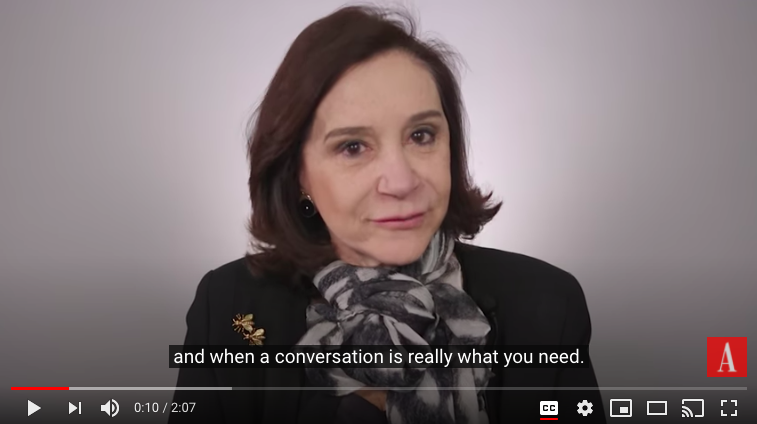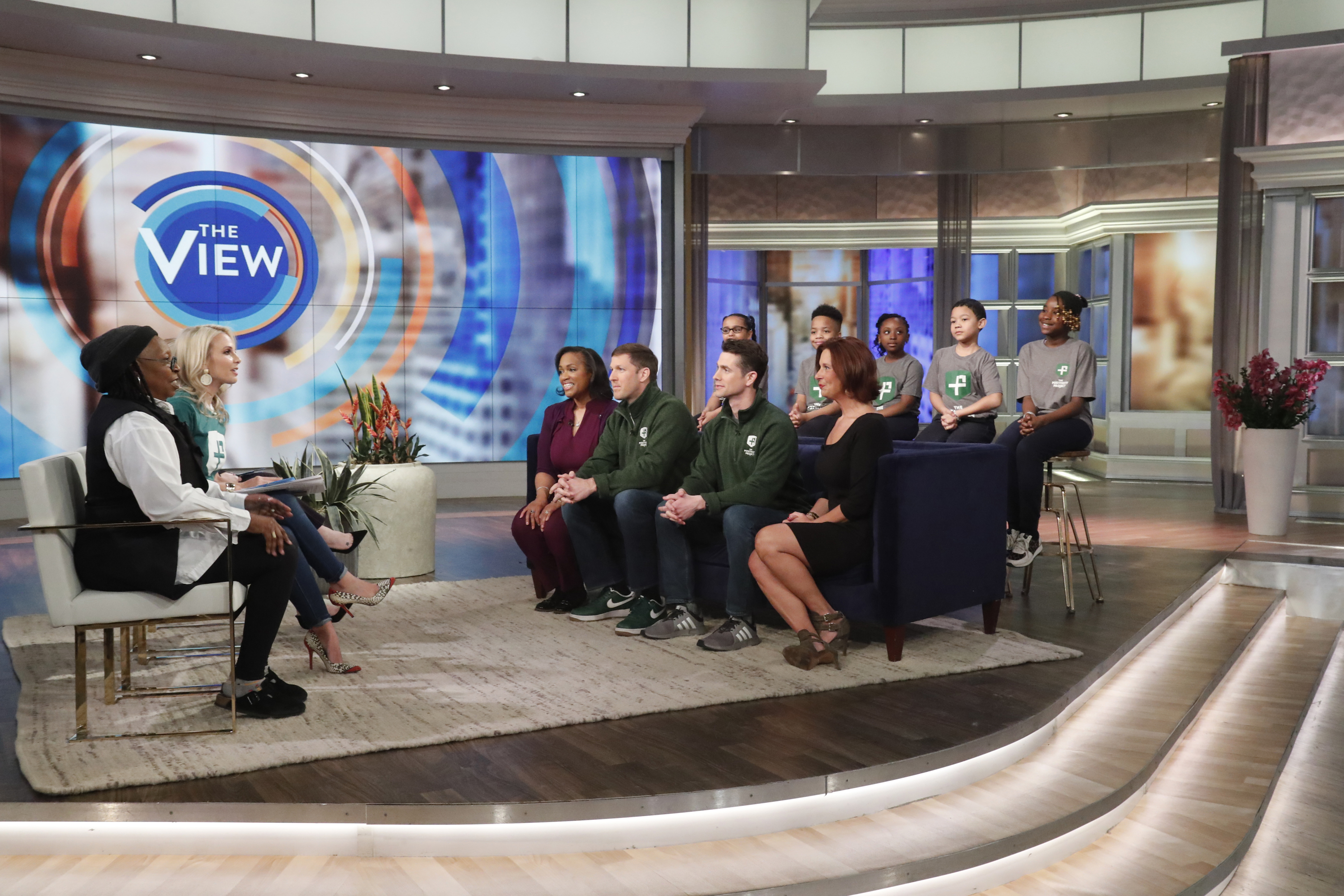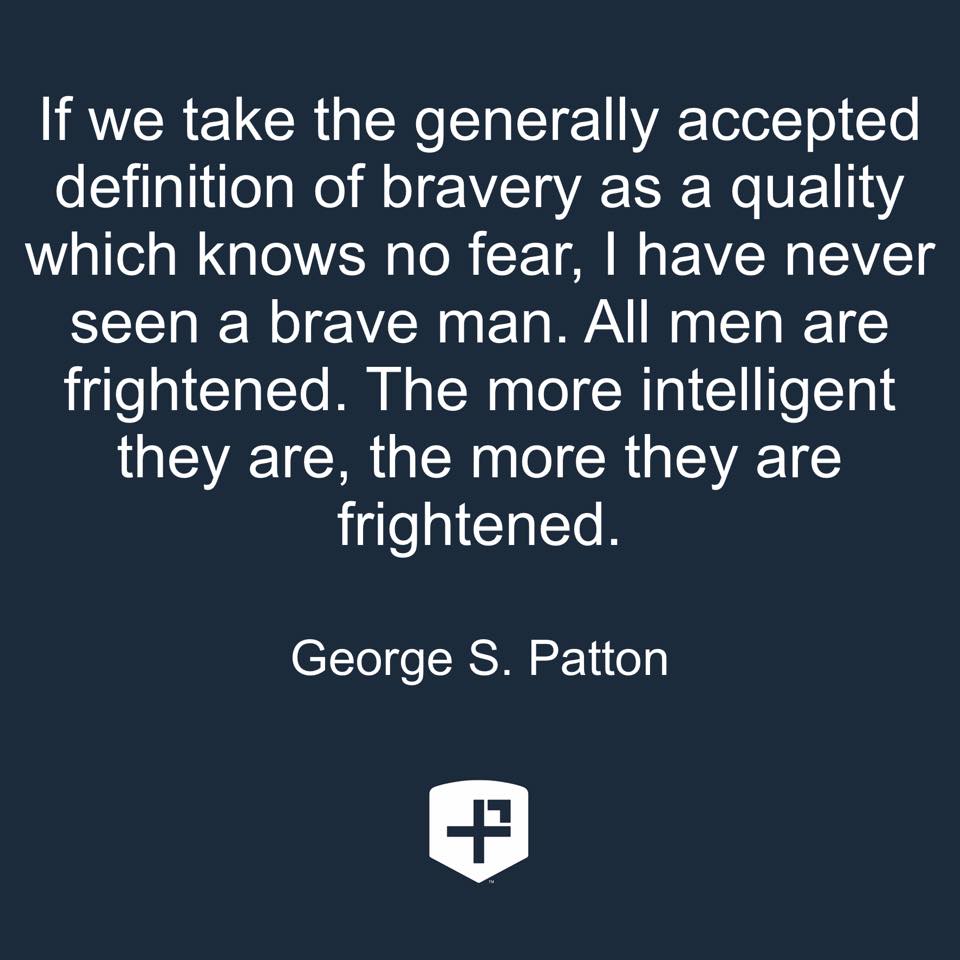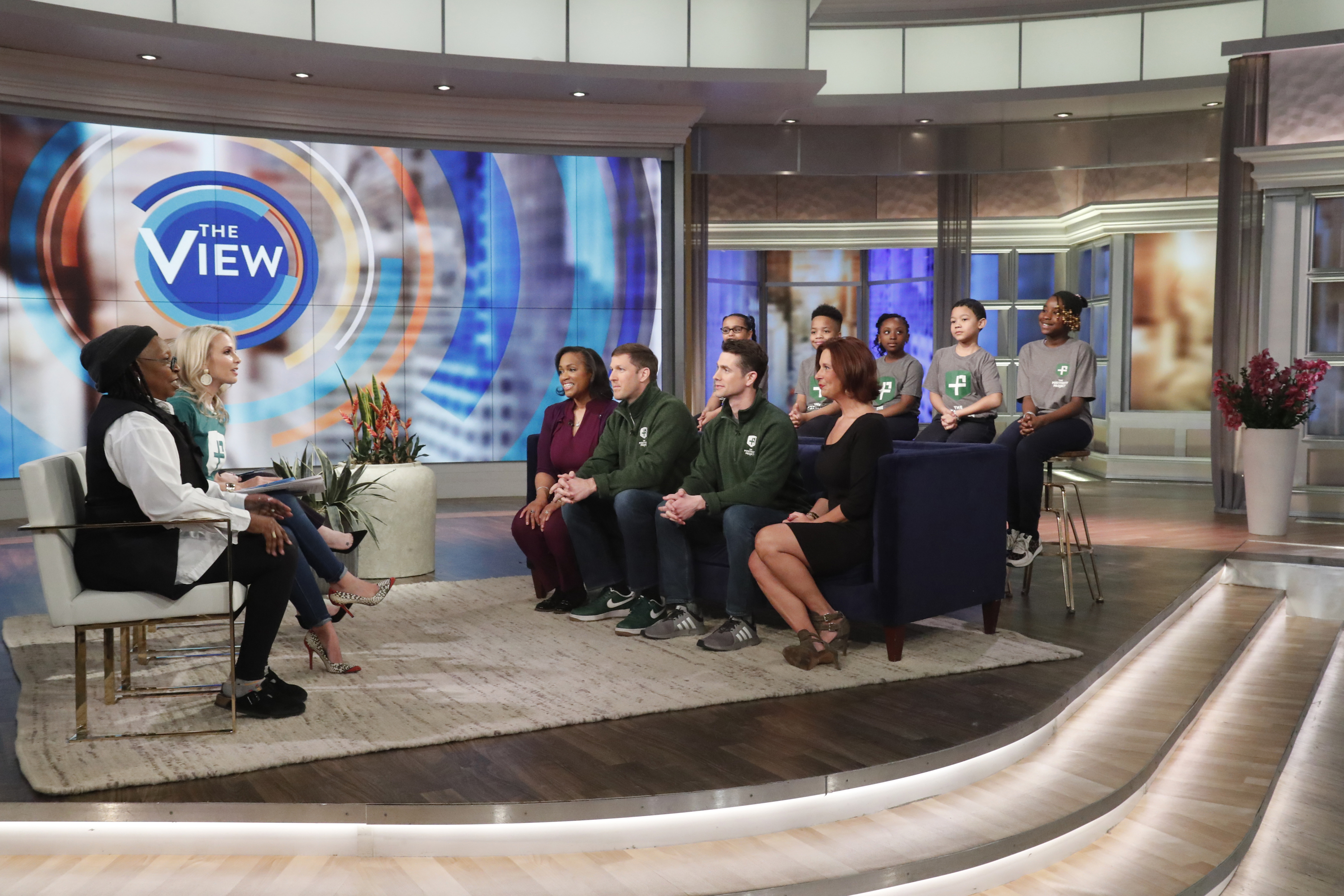|
|
|
|
|
|
JUNE 14 - 20
BE PRESENT
Welcome to the weekly newsletter! We''re fired up to bring you new and relevant content to leverage your own character strengths and build positive relationships. We know that your time and inbox space is precious; by landing in your inbox early Monday morning our intention is to provide context and a framework for reflecting on character throughout each week. We''ve extended our calendar of character strengths
for a few weeks for our Partner Schools who are still adjusting to the new reality of distance learning.
|
|
|
WHAT DOES IT MEAN TO BE PRESENT?
This pillar of the Other People Matter Mindset means that when we are with other people, we''re present and give them our full attention. A deliberate focus on being present is so important today due to the increasing number of distractions vying for our time and attention. Phone calls, text messages, emails, social media notifications all have the formidable capacity to pull us away from the present moment and what's most important - our relationships with other people. How dangerous is this to our well-being and the fabric of our society? Very.
|
|
WHY SHOULD BEING PRESENT BE IMPORTANT TO ME?
Just like plants need sunlight to grow, our relationships need attention. The research is crystal clear, relationships are the cornerstone of health, happiness, and resilience. And, if we don't give our attention to the people we're building relationships with - whether family members, close friends, or even distant colleagues - we can't build those relationships.
|
|
WHY IS BEING PRESENT IMPORTANT IN A GROUP SETTING?
On a group level, it's vitally important that we pick our heads up from our cell phones and truly listen to other people when they're talking. A positive culture is built with positive relationships - and we can't build positive relationships without attention. So, the answer is clear: we need to pay attention to people in our lives. That's going to be good for individuals, small groups, and large societies.
|
|
DIVE DEEP
Click here to read "Active Listening"
By The Greater Good Science Center at the University of California, Berkeley
Active listening refers to a pattern of listening that keeps you engaged with your conversation partner in a positive way. It is the process of listening attentively while someone else speaks, paraphrasing and reflecting back what is said, and withholding judgment and advice.
When you practice active listening, you make the other person feel heard and valued. In this way, active listening is the foundation for any successful conversation.
Click here to watch "When In-Person Conversation Is Better Than Texting"
by The Atlantic
Dr. Turkle is a professor at MIT and the founding director of the MIT Initiative on Technology and Self. She is the author of multiple books about our relationship with technology. Most recently, she wrote Reclaiming Conversation: The Power of Talk in a Digital Age. In this important book, she describes how we've become addicted to our technology. And, she reveals why in-person conversation is critical in developing our capacity for focus, empathy, and meaningful relationships.
As many are beginning to come out of stay-at-home orders, it''s important to remind ourselves of the significance of face-to-face conversation. Dr. Turkle explains in the below video, "Empathy is something that is most easily cultivated through face-to-face conversation. Because what you have, is you have eye contact, you have body language. You have all of the signals that all of our evolutionary history have taught us."
|
  |
|
|
TAKE ACTION
Approaching character from a growth mindset means that we are all capable of working on and improving the associated skills. How can you make the most of being present in your everyday life? Consider the following questions:
- Understanding what distracts us is important - track your phone usage by app to see which apps you use more frequently and consider placing limits on your usage.
- Dock your phone on its charger at the end of the work day, when its time to focus on your family or partner.
- Read through the active listening skills above and put them into practice in a conversation with a friend, co-worker, or family member.
We want to hear how this goes for you - share how this unfolds for you this week on our Facebook, Instagram, and Twitter handles linked at the bottom of this newsletter.
|
|
REGISTRATION FOR THE 2020-21 SCHOOL YEAR IS NOW OPEN! Teachers have more on their plates than ever and don''t have time to teach most SEL curriculum. We equip teachers with no-prep, short, and engaging digital SEL lessons -- so that they can empower their students to build positive relationships and become their best selves. Please just click on the following link to start preparing for next year: http://go.posproject.org/e/690043/come-a-partner-school-today-2-/bc285/267220086?h=rmA_bcelfLMwV4MZMX_gAVJabf5RiUjAsYgKYsPGKNY
FREE 7-DAY TRIAL! If you''d like to test drive our resources, follow the link and we''ll get you set up with full access for an entire week - no credit card required! http://go.posproject.org/e/690043/access-p2-resources-/bc287/267220086?h=rmA_bcelfLMwV4MZMX_gAVJabf5RiUjAsYgKYsPGKNY
|
|
|
DID YOU CATCH OUR SEGMENT ON THE VIEW?
Click on the photo below to watch!
 And if you''re wondering how it works, click here to check out a 2-minute video to hear teachers and administrators from some of our current Partner Schools describe how the P2 works, and how it has benefitted their
classrooms and schools.
And if you''re wondering how it works, click here to check out a 2-minute video to hear teachers and administrators from some of our current Partner Schools describe how the P2 works, and how it has benefitted their
classrooms and schools.
|
|
|
|
|
|
|








 Arts and Entertainment
Arts and Entertainment Business and Industry
Business and Industry Computer and Electronics
Computer and Electronics Games
Games Health
Health Internet and Telecom
Internet and Telecom Shopping
Shopping Sports
Sports Travel
Travel More
More